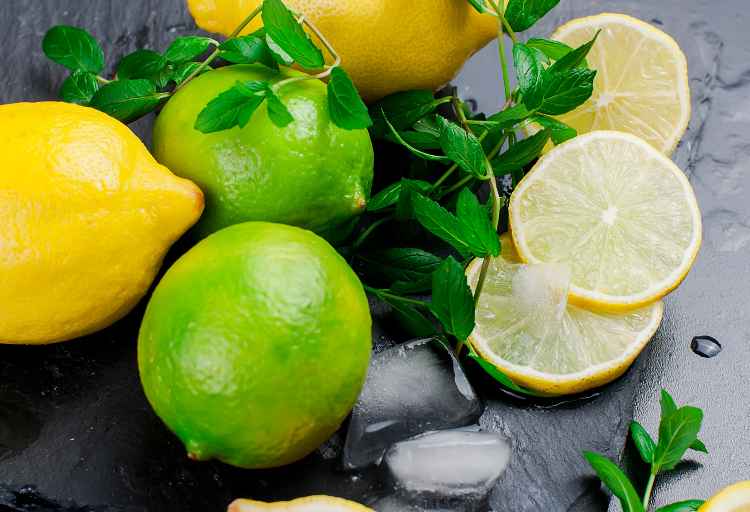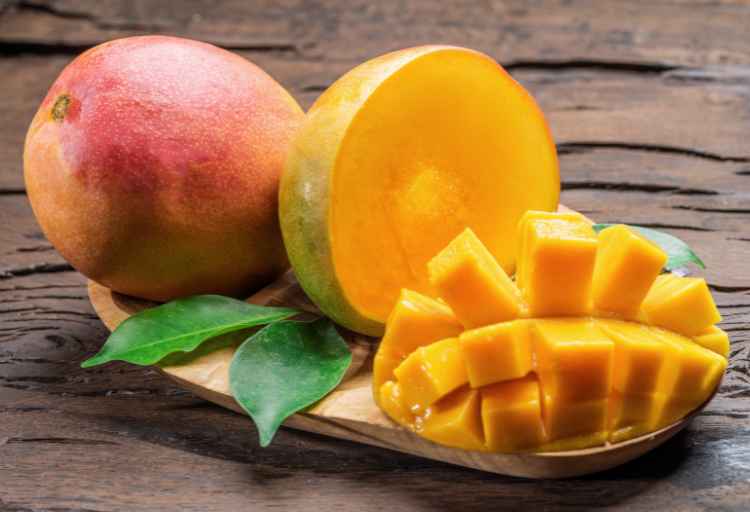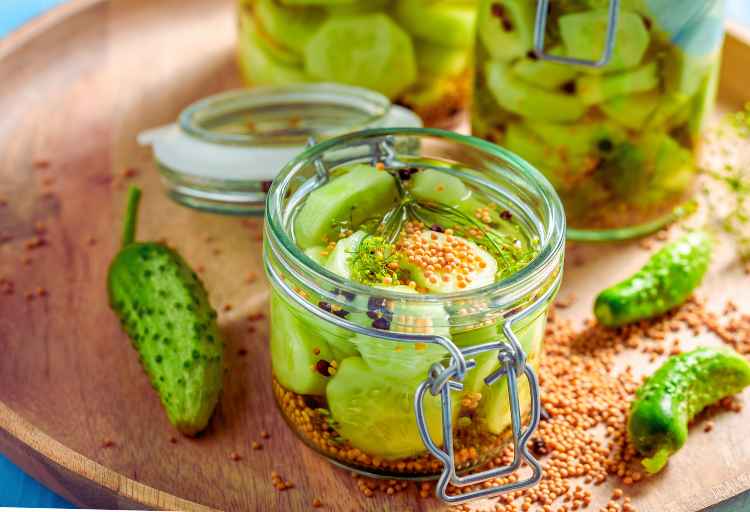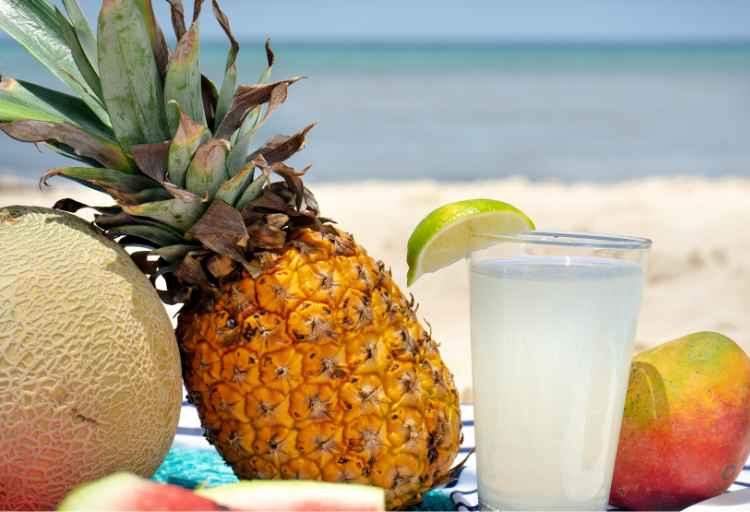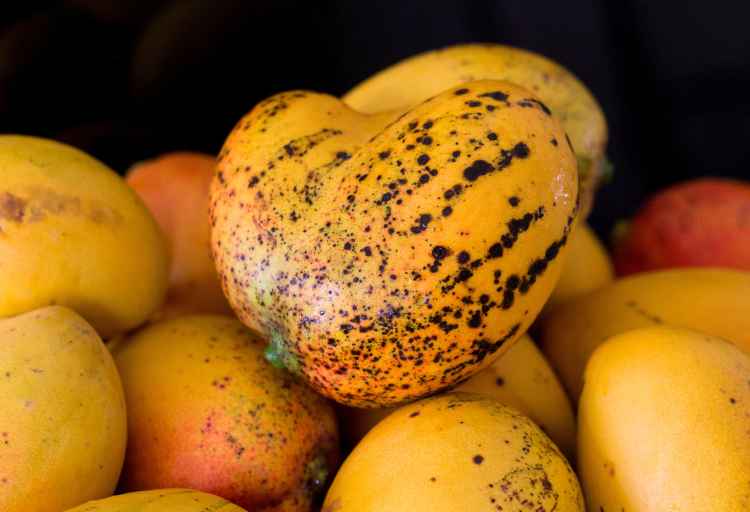How to Eat Lemons Without Damaging Teeth? A Friendly Guide
Lemons are not only a zesty addition to your meals and drinks, but they also offer a dose of vitamin C and antioxidants. However, their acidic nature can be a concern for your teeth if not consumed carefully.
How to eat lemons without damaging teeth? To consume lemons without harming teeth, dilute lemon juice with water, avoid prolonged exposure, pair with calcium-rich foods, consume during meals, rinse mouth with water afterward, wait before brushing, and consider using lemon zest for flavor. Maintaining regular oral hygiene practices is also essential.
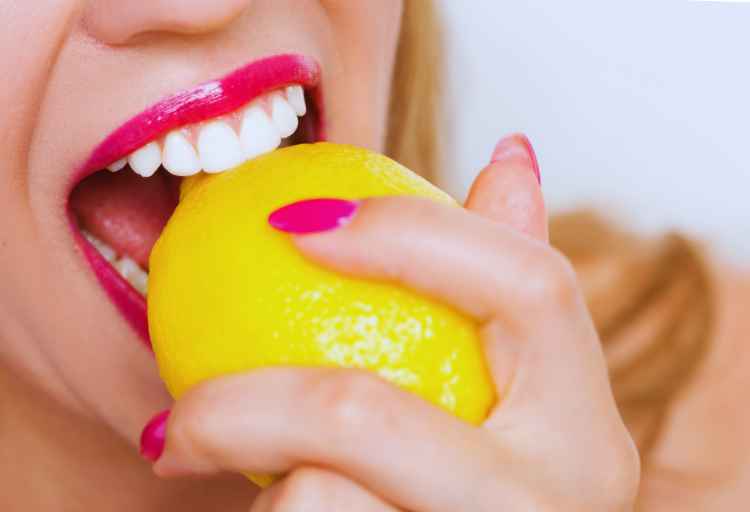
How to eat lemons without damaging teeth?
Why Lemon’s Acidity Matters for Your Teeth?
Lemons are acidic, and this acidity can erode the enamel that protects your teeth. Enamel is the outermost layer that shields your teeth from decay and sensitivity.
When the enamel wears away, your teeth become more vulnerable to cavities and other dental issues.
1. Dilute and Conquer
Mixing Lemon Juice with Water
When consuming lemon juice, dilution is your best friend. Mix lemon juice with water to reduce its acidity. This not only lessens the impact on your teeth but also makes the flavor more palatable.
You can start with a simple ratio, such as one part lemon juice to three parts water. Gradually adjust the ratio to find what suits your taste buds while still being gentle on your teeth.
2. Sip Mindfully
Avoid Prolonged Exposure
Sipping lemon-infused water or other beverages over an extended period exposes your teeth to the acid consistently. This can increase the risk of enamel erosion.
Instead, try to enjoy your lemony drinks in one sitting. Sipping through a straw positioned towards the back of your mouth can also help minimize contact between the acid and your teeth.
3. Embrace Cheese and Dairy
Calcium to the Rescue
Calcium-rich foods like cheese and yogurt can counteract the acidic effects of lemons. Calcium helps remineralize your teeth, strengthening the enamel and making it more resistant to acid erosion.
So, next time you reach for that lemony dish, consider pairing it with some dairy goodness.
4. Timing Is Key
Optimal Moments for Lemon Indulgence
Believe it or not, the timing of your lemon consumption matters. It’s better to enjoy lemons with your main meals rather than as standalone snacks.
When you eat a complete meal, your mouth produces more saliva, which helps neutralize acids and aids in protecting your teeth.
5. Rinse and Hydrate
Flush Away the Acidity
After consuming lemons or lemon-infused drinks, swish some water around your mouth. This simple action can help rinse away residual acidity and minimize its impact on your teeth.
Hydrating with water throughout the day also promotes saliva production, which acts as a natural defense against acid erosion.
6. Wait Before Brushing
Patience After Lemon Consumption
You might think brushing your teeth immediately after consuming lemons is the way to go, but it’s not.
Since your enamel is temporarily softened by the acid, brushing right away can actually contribute to enamel wear. Wait at least 30 minutes after your lemony indulgence before brushing your teeth.
7. Opt for Lemon Zest
Zest Over Juice
If you’re looking for that tangy lemon flavor, consider using lemon zest instead of the juice. Lemon zest contains the citrusy goodness without the intense acidity of the juice.
You can sprinkle lemon zest on dishes, desserts, or even in your water for a refreshing twist.
8. Maintain Excellent Oral Hygiene
Comprehensive Dental Care
While enjoying lemons responsibly, don’t forget your regular dental care routine.
Brush your teeth twice a day with fluoride toothpaste and floss daily. This routine helps maintain good oral health and counteracts any potential negative effects of lemon consumption.
Conclusion
Indulging in lemons doesn’t have to be a threat to your teeth. By adopting these simple yet effective strategies, you can enjoy the zingy taste of lemons without compromising your dental health.
Remember, it’s all about balance, mindfulness, and making smart choices for both your taste buds and your teeth.
FAQs
Can I drink lemon water without harming my teeth?
Yes, you can. To minimize acidity’s impact, dilute lemon juice with water. This not only reduces the risk to your teeth but also offers a refreshing flavor.
Is it safe to brush my teeth immediately after consuming lemons?
It’s better to wait about 30 minutes after consuming lemons before brushing. Lemon’s acidity temporarily softens enamel, and immediate brushing can contribute to enamel wear.
How does calcium-rich food help when eating lemons?
Calcium-rich foods like cheese and yogurt can counteract lemon’s acidity by promoting enamel remineralization. This strengthens teeth against acid erosion.
Can I use lemon zest instead of lemon juice?
Absolutely. Lemon zest adds a citrusy flavor without the intense acidity of the juice. Sprinkle it on dishes or desserts for a tangy twist.
What’s the best time to enjoy lemons without harming teeth?
Enjoy lemons with your main meals. Increased saliva production during meals helps neutralize acids and protect teeth from erosion.

